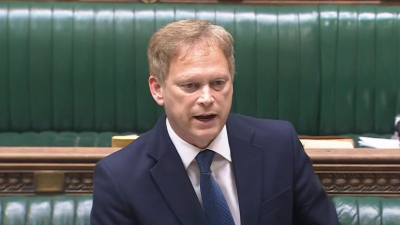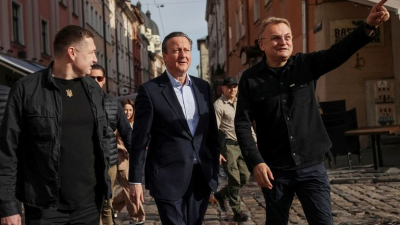Exploring the Enigma of Emotion in the Political Sphere
In the tumultuous world of politics, emotions often play out on a grand stage, where every tear, every smile, is scrutinized under the glaring lights of public opinion. Hope Hicks, the former White House Communications Director, recently found herself at the center of such scrutiny when tears welled in her eyes during a congressional hearing. But what lies beneath the surface of this enigmatic figure, and what could possibly bring her to tears in the unforgiving arena of Washington politics?
As a seasoned journalist with a decade of experience, delving into the intricacies of human emotion in the political landscape has been both a challenge and a fascination. Hicks, known for her steely composure and unwavering loyalty to the Trump administration, seemed an unlikely candidate for such a public display of vulnerability. Yet, as the events unfolded during the hearing, it became evident that there was more to this story than met the eye.
The tears shed by Hicks were not merely a momentary lapse in her polished façade but rather a glimpse into the complex emotions that lie beneath the surface of her public persona. In a world where power and control reign supreme, vulnerability is often seen as a weakness, especially for women navigating the male-dominated corridors of political power. And yet, it is precisely this vulnerability that makes us human, that connects us on a deeper level beyond the partisan divides that so often define our discourse.
To understand the significance of Hicks' tears, one must first understand the context in which they occurred. As a key figure in the Trump administration, Hicks was no stranger to controversy and scrutiny. Her unwavering loyalty to the former president earned her both admiration and criticism, as she stood by his side through some of the most tumultuous moments in his presidency. But behind closed doors, away from the glare of the media spotlight, Hicks was grappling with her own inner turmoil, torn between her loyalty to her boss and her own moral compass.
The congressional hearing served as a catalyst for Hicks' emotional outpouring, as she found herself caught between conflicting loyalties and facing tough questions from lawmakers. For someone who had spent years carefully crafting her public image, the tears were a crack in the façade, a chink in the armor that had shielded her from the relentless scrutiny of the political arena. And yet, far from being a sign of weakness, they were a testament to her humanity, a reminder that even the most stoic among us are not immune to the weight of our own emotions.
In the aftermath of the hearing, Hicks' tears sparked a flurry of speculation and analysis from pundits and commentators across the political spectrum. Some dismissed them as nothing more than a calculated attempt to garner sympathy, while others saw them as a sign of deeper turmoil within the Trump inner circle. But perhaps the truth lies somewhere in between, in the gray area where politics meets emotion, where the personal and the political intersect in ways that defy easy explanation.
As a journalist, my role is not to pass judgment or assign blame but rather to seek out the truth, to shine a light on the complexities of the human experience. In the case of Hope Hicks, that truth may never be fully known, but what is clear is that her tears were a reminder of the inherent fragility of power and the enduring power of emotion in the political sphere. And in a world that often seems consumed by cynicism and division, perhaps it is that glimmer of humanity that offers the greatest hope for a better tomorrow.
Reflecting on the Tears of Hope Hicks
In the complex tapestry of politics, where power dynamics and calculated maneuvers often take center stage, the tears shed by Hope Hicks serve as a poignant reminder of the human element that lies beneath the surface. As a seasoned journalist, it is tempting to dissect every moment, to analyze every gesture through the lens of partisan politics. Yet, in doing so, we risk losing sight of the bigger picture, of the shared humanity that unites us all.
The tears of Hope Hicks are not just a footnote in the annals of political history but rather a reflection of the broader forces at play in our society. They speak to the pressures and contradictions that define the world of politics, where loyalty and morality often find themselves at odds. They remind us that even those who wield power with an iron fist are not immune to the tug of emotion, to the weight of their own conscience.
As we move forward in an increasingly polarized world, it is important to remember that behind every headline, behind every tweet, there are real people with real emotions. And while we may never fully understand the complexities of their motivations, we can strive to approach them with empathy and understanding. For it is in those moments of vulnerability, those cracks in the façade, that we find the true essence of our shared humanity.
In the end, the tears of Hope Hicks are not a sign of weakness but rather a testament to the enduring power of emotion in the political sphere. They remind us that no matter how high the stakes, no matter how fierce the competition, we are all bound together by our common humanity. And it is that humanity, that capacity for empathy and understanding, that offers the greatest hope for a brighter future, both in politics and beyond.






